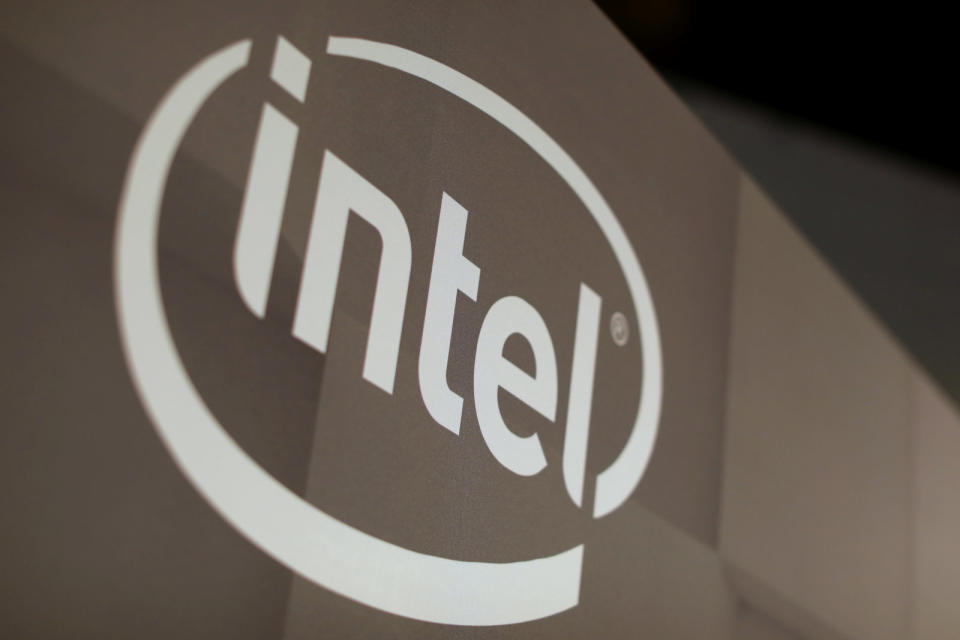Intel finally made a 10nm processor
It's the chipset formerly known as Cannon Lake.
Around two years later and Intel is finally shipping its 10nm Cannon Lake CPUs. The chip itself is a bit of a bore, but given its legacy of delays and how long Intel has been talking about it, that they're finally being found in the wild is worth mentioning. The 8th-gen i3-8121U is a dual-core, four-thread CPU with a base clock of 2.2GHz and boost clock of 3.2GHz.
With a listed TDP of 15W, the i3-8121U is almost identical to the i3-8130U, a 14nm processor released earlier this year. The difference, at least according to Intel's spec sheet, is that the new 10nm processor doesn't have an integrated GPU. That either means Intel still hasn't worked out how to shrink its GPU tech down to 10nm reliably, and has disabled that part of the chip, or it's just bad at filling in specs in its ARK product database.
So, where can you find it? In the Lenovo Ideapad 330 that's started cropping up at a few Chinese retailers for around $449, according to AnandTech. The 330 has a 15.6-inch display running at 1366 x 768 resolution with a mid-range AMD R5 GPU. ArsTechnica points out that the chip supports LPDDR4 and LPDDR4X, which are low-power memory and could lead to more efficient battery consumption overall.
What's perplexing is the apparent lack of an integrated graphics processor. Sure, the chip is powering a low-end machine, but as AnandTech points out, it's being positioned as an entry-level machine for someone who just needs a laptop without any frills. The presence of a dedicated AMD GPU seems to suggest that Intel has indeed disabled the GPU inside the chip. We've reached out to Intel for more information regardless.
While the i3-8121U is quite possibly the dullest chip Intel could've chosen to debut its 10nm process, it's nonetheless a huge milestone for the company. While companies like Samsung and TSMC have been shipping 10nm chips for ages, Intel has struggled to deliver. This release paves the way for volume production of new i5s, i7s and i9s to begin early next year, at which point we can hopefully wave goodbye to Intel's 14nm process.



